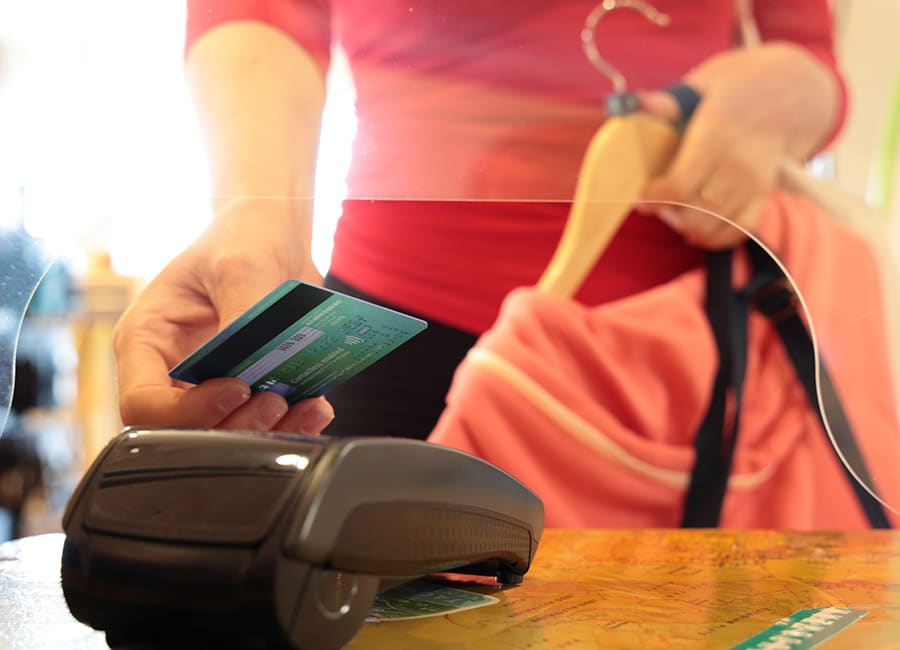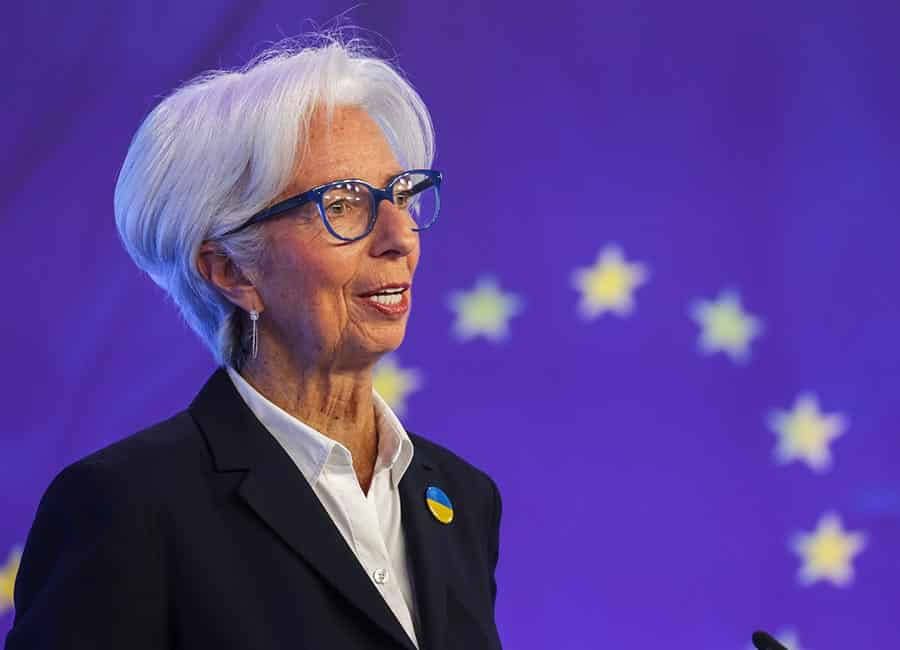The Bank of Ireland Economic Pulse, which measures both business and consumer confidence, rose for the first time since May in August despite the continuing effects of Brexit, Covid-19 and Russia's invasion of Ukraine.
The index stands at 74.2 this month, up 2.1 points from July but 16.4 points lower than a year ago, as the Consumer Pulse recovered some losses while remaining subdued just below its Covid-19 low-point, and the Business Pulse firmed up slightly.
"Recent shocks to the Irish economy – Brexit, the Covid-19 virus and Russia’s invasion of Ukraine – have been idiosyncratic in nature and their after-effects are still playing out, making for uncertain times," said Dr Loretta O'Sullivan, group chief economist for Bank of Ireland.
"The removal of pandemic-related restrictions earlier this year is a tailwind and employment has rebounded strongly, but the deterioration in UK-EU relations of late is a headwind and elevated global energy prices as a result of the war are adding to inflation. "
The Consumer Pulse posted a reading of 48.4, 4.9 points higher than July's record low and 32.6 points lower than August 2021, and the uptick was broad-based.
Households were less downbeat about the state of the economy and their own finances, and their expectations for the coming year improved with the government support anticipated in the imminent budget.
Buying sentiment was practically unchanged with only 15% considering it a good time to purchase big-ticket items such a furniture and electrical equipment.
"The squeeze on households’ purchasing power and unsettled environment for businesses have tempered confidence, though the August Pulse findings point to some respite in this respect," Dr O'Sullivan said.

"With households expecting the Budget to provide some support for their pockets and firms seeing some easing in non-labour input costs, the mood was a little better this month and the Economic Pulse rose for the first time since May.”
The Business Pulse rose 1.4 points month-on-month and dropped 12.4 points -year-on-year to 78.4 in August as the Services (81.7) and Retail (65.2) pulses mad gains of 2.7 and 3.7 points, respectively, while Industry (81) and Construction (76) lost 4.2 and 2.1 points from July.
Costs and sourcing remain the main challenges for business, but the August data adds to nascent signs that supply chains are healing, with the share of firms reporting an increase in non-labour input costs over the past three months eased to 83% from 86% in July.
Slightly reduced cost pressures allowed for a further pairing back of selling price expectations. 57% said they intend to increase the prices they charge in the near term, down from 59% in the previous survey.
The Housing Pulse was up 3.7 points from July to 101.4, but still 16.6 points lower than a year prior, with households outside of Dublin more upbeat about future price gains, and there were expectations of higher rents in all regions.
Nationally, 68% now think house price increases are on the cards, versus 63% in July, while just over seven in ten think rents will rise.
The Regional Pulses, which are calculated on a three-month rolling basis, were all down for the period of June to August. Dublin (81.6) declined 4.3 points, the rest of Leinster (69.5) was down 3.1 points, Munster (73) fell 3.4 points and Connacht/Ulster (71) dropped 4.1 points.
(Pic: Getty Images)











